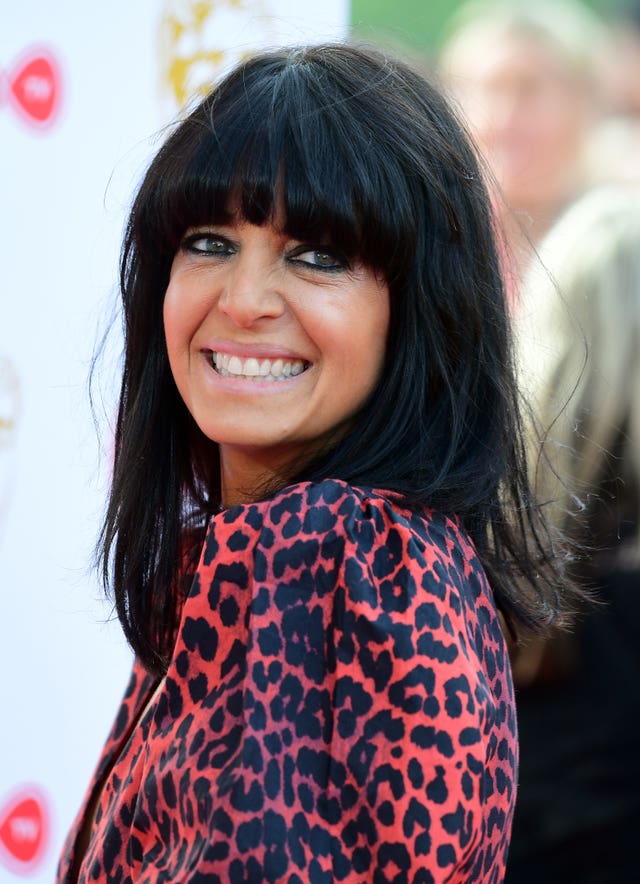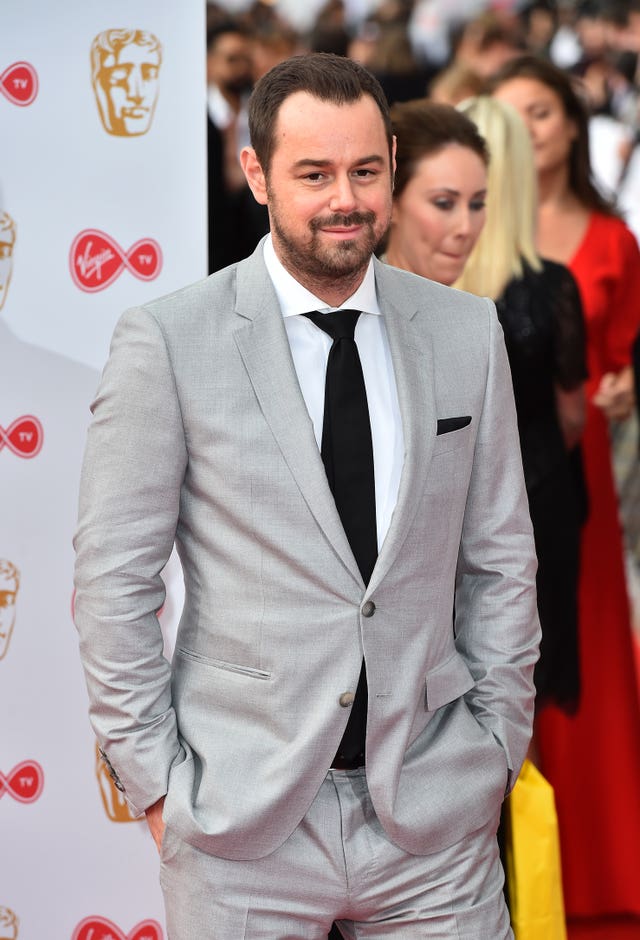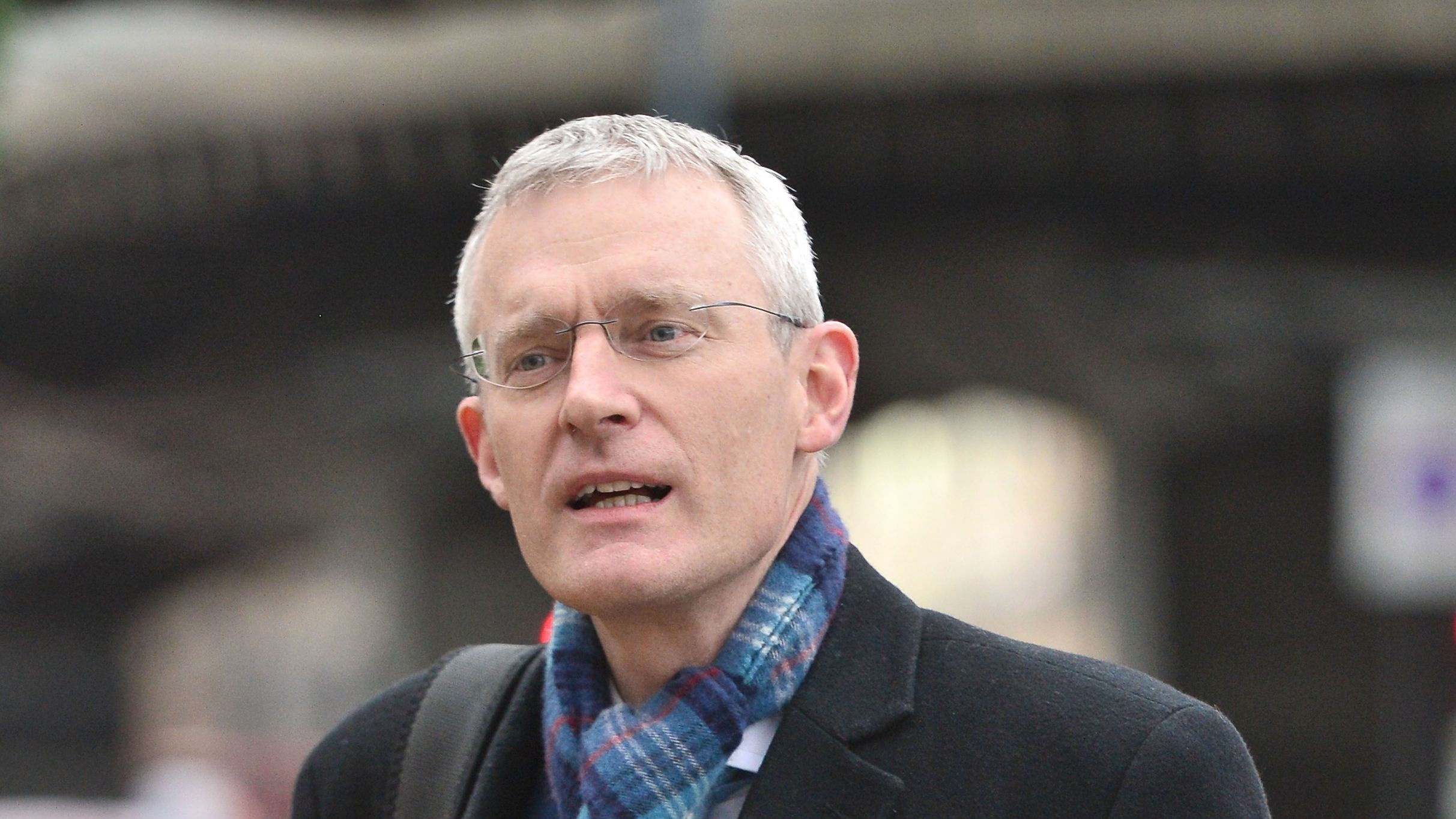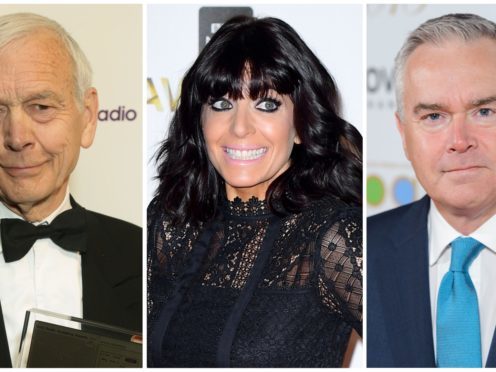The BBC has published an updated list of its highest-paid stars for the second year in a row.
But what do the numbers mean, why do some people get paid more than others, and why are people working on some of the BBC’s most popular shows exempt from the list, or have just a fraction of their salaries revealed?
Here is a breakdown of the key points about the BBC’s annual report.
BBC publishes Annual Report 2017/18: https://t.co/g4muU7qle3 pic.twitter.com/rXcfyMBup4
— BBC Press Office (@bbcpress) July 11, 2018
Q: Why have the salaries of BBC talent and staff been revealed?
The BBC followed new rules in 2017 as a result of the introduction of the current Royal Charter, and was required to reveal the salaries of its staff earning more than £150,000.
The corporation, which receives about £3.7 billion every year from the TV licence fee – which is currently £150.50 per household – initially fought against the disclosures in the negotiations about its royal charter, warning that it would be inflationary and a “poachers’ charter”.
Q: Who were some of the top-earners in last year’s annual report?
Of the 96 people on last year’s list, Radio 2 presenter and former Top Gear host Chris Evans was revealed to be the biggest earner at the time, having taken home between £2.2 million and £2,249,999 in the 12 months to April 2017.
Match Of The Day host Gary Lineker was the second highest earner, placed in the £1,750,000 to £1,799,999 bracket, and Graham Norton was the third highest-paid, listed as earning between £850,000 and £899,999.
Others in the top 10 included Today and Mastermind host John Humphrys (£600,000 – £649,000) and newsreader Huw Edwards (£550,000 – £599,999). Claudia Winkleman, the highest-paid woman, was in the £450,000 – £499,999 bracket.

Q: What was the issue over gender pay?
The corporation faced a backlash over the number of top-earning male talent compared to female stars when it was revealed that its top-earning male personality Evans was paid at least four times as much as its highest-paid female, Winkleman, and that only one-third of the list of those earning more than £150,000 was made up of women.
The BBC’s respected China editor Carrie Gracie later resigned over unequal pay. North America editor Jon Sopel was in the £200,000 to £249,999 bracket last year, while Middle East editor Jeremy Bowen earned between £150,000 and £199,999. Gracie was not on the list.
The corporation recently apologised for underpaying her, a situation which it said it had since “put right”.
Q: How is this year’s report different?
The new report shows the pay brackets in bands of £10,000, rather than £50,000, following discussions with the Government over transparency.
The BBC has also published the detail of which programmes each star has worked on, and the number of episodes, in order to give more information about their earning power. According to a BBC source, the corporation hopes this change “will help ensure that more informed comparisons can be made”.
Those earning money paid by BBC Studios are not included on this year’s report.

Q: Why are earnings paid by BBC Studios not on the list?
BBC stars paid by BBC Studios, a TV production and distribution company, do not have to have their salaries disclosed. The company makes many of the BBC’s popular programmes, but has been a commercial entity since April 2017 and is not funded by licence fee payers.
Q: Who has been left off the list, or now has a fraction of their earnings shown?
Stars of programmes including Top Gear, Strictly Come Dancing, Planet Earth II, Doctor Who, Mrs Brown’s Boys, EastEnders, Casualty and The One Show – all created by BBC Studios – are off the list, or have just portions of their salaries shown.
For example, Strictly Come Dancing presenter Claudia Winkleman was last year in the £450,000 – £499,999 pay bracket, but in the 2018 report, she is in a £370,000 – £379,000 pay bracket for hosting a weekly show on Radio 2 and a “range of programmes and series” on BBC. Her fee for hosting Strictly now does not appear.
Casualty actor Derek Thompson, EastEnders star Danny Dyer and Strictly Come Dancing judge Dame Darcey Bussell are among those who were featured on last year’s list, but have now dropped out.
Q: Are there more women on the list this year?
The BBC has, in the new report, published a separate table setting out the levels of pay for last year and this year, showing the totals of men and women in the bands, taking into account of pay revisions being made.
The corporation, which recently published figures showing it had reduced its gender pay gap by nearly a fifth over the past year, had a total of 14 women (24%) earning £150,000 and more in its report last year (for 2016/17), compared to 22 women (34%) this year (2017/18), showing a growth of eight women.
But there are still no women earning more than £400,000.

Q: And what about the men – have they been reduced, overall?
The total number of men has decreased from 44 (76%) earning more than £150,000 in last year’s report, compared to 42 (66%) this year.
But, while there are no women earning more than £400,000 on this year’s list, there are 12 men earning above £400,000.
Q: Which male stars have had a salary reduction?
Among a number of BBC men, Humphrys and Edwards had their salaries reduced in the wake of the gender pay dispute.
Humphrys was last year paid more than £600,000, and the new report has revealed he now earns between £400,000 and £409,999. Edwards has gone from £550,000 – £599,999 to £520,000 – £529,999 according to the new data.
Vine has gone from earning more than £700,000, to between £440,000 and £449,999.
Q: So, who are the top earners for the financial year 2017/18?
Lineker has topped the list this year, earning between £1,750,000 and £1,759,999, with Evans in second place at £1,660,000 – £1,669,999.
The top 12 earners are all men, and also include Norton, Edwards, Vine and Humphrys, as well as Steve Wright, Alan Shearer, Nicky Campbell, Nick Grimshaw, Stephen Nolan and Andrew Marr.
